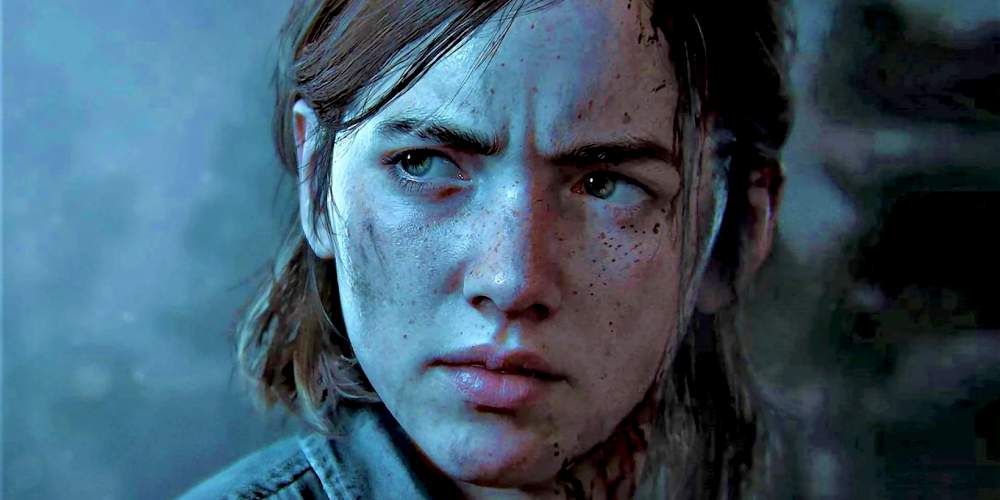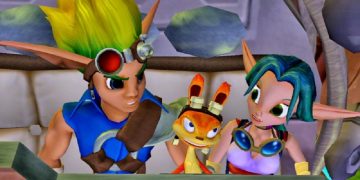The Last of Us represented a shift in gaming—one that had such an impact that it shaped other game developers in producing stories that feel more akin to visceral movies than they do traditional video games.
Joel and Ellie's combined tale through the "zombie"-infected United States is regarded as one of the single greatest video games ever made and swept awards season when it arrived in 2013.
Its sequel in 2020—The Last of Us Part 2—met with similar critical reaction from reviewers; however, unlike the first game, many criticized the narrative of the follow-up, feeling that it betrayed the original's message and turned some characters inconsistent.
The reaction to the sequel ran so deep that the actress who portrayed Abby (Laura Bailey) even received death threats for the story arc of her character—which is, of course, completely unjustified.
In hindsight, Part 2 didn't feel necessary at any point during the story. The game was made because of the incredible reception of the 2013 original, and while it is a decent offering, there's plenty wrong with it.
Ellie's story ended with her walking away from the now-empty house she used to share with Dina. Naughty Dog will undoubtedly be tempted to continue Ellie's story, but here are a few reasons why they shouldn't.
1. It's Too Late to Rectify Part 2's Mistakes
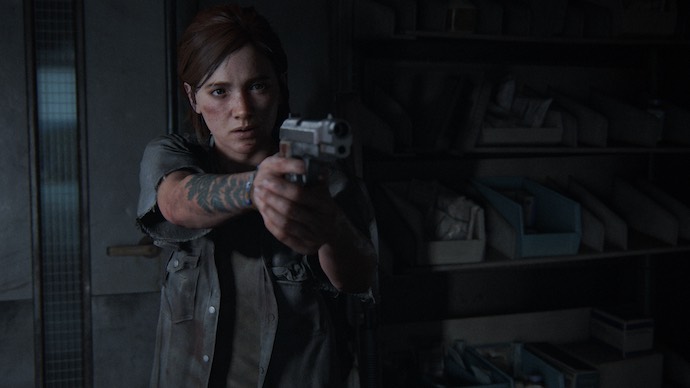
The Last of Us Part 2 could have gone in all kinds of different directions, but the one aspect of the game that most irked fans was Joel's death early on at the hands of Abby.
The trailer for the game had made it seem like Ellie and Joel were once again embarking on a journey to find and kill the fireflies—so when that proved to be the work of underhanded manipulation by Naughty Dog, fans were understandably upset.
Joel and Ellie's relationship was the heart of the first game, and fans wanted to experience more of that instead of playing through flashback sequences that felt poorly inserted just to give Ellie some sense of emotional depth without Joel's immediate presence.
Part 3 wouldn't be able to undo any of that, which is something Naughty Dog probably wish they had thought twice about.
2. There's No Need to Keep Following Ellie
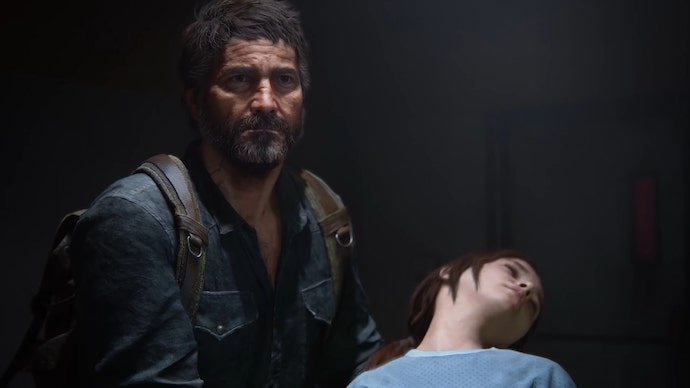
Ellie's story is what The Last of Us franchise is all about. She's the person who's immune to the spores of the infected, and she's the one who sought revenge against Abby for killing Joel.
However, at the finale of the second game, she's lost everything: her father figure, her partner, her happy home. As we part ways with the girl who seemingly goes through life losing everything worth keeping, there's a sense in which we just want her to be left alone.
Because of Druckmann and Naughty Dog's chosen tale, most of us now feel exhausted by her depressing tale.
Should there be more to come, it would need to give Ellie something permanent to hold onto. Of course, it never feels like Neil Druckmann is willing to hand that to her. Instead, he chooses to focus on how much further he can pull on the thread of human misery.
3. Neil Druckmann Is Too Divisive Now
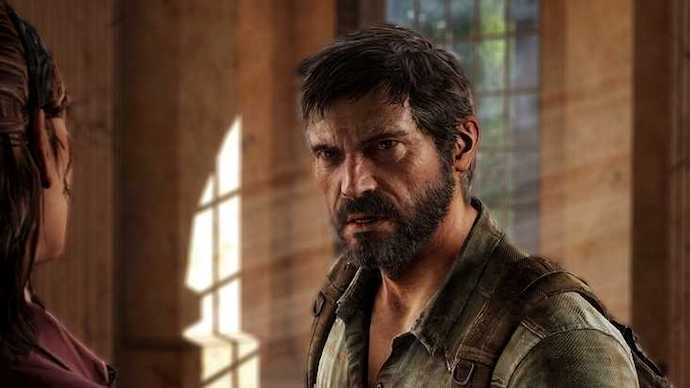
Neil Druckmann, who created the series, currently has a divisive relationship with fans after the sequel. This stems from the fact that many didn't even want a sequel to the first game at all, knowing that any supplementary story would be near impossible to get right.
Another source of division between creator and audience is the narrative choices he made while conceiving Part 2. Not only was the story too dark and obsessed with revenge, his biggest mistake was putting Joel in a part of the trailer in which he didn't appear in the final game.
Manipulating gamers into believing something to be true when you know it isn't? That understandably causes those same gamers to lose faith in anything else you're bound to produce down the road.
Druckmann has personally addressed the reaction to the game, but he tends to speak in general platitudes about it. He told Game Informer:
As far as people on the outside, I'm like, "That's unfortunate [you didn't like The Last of Us Part 2], but I stand by the game we made."
It feels like Druckmann is distancing himself from those who didn't like the sequel, which indicates an ambivalent attitude on his part.
4. Part 3 Would Be a Pure Cash Grab
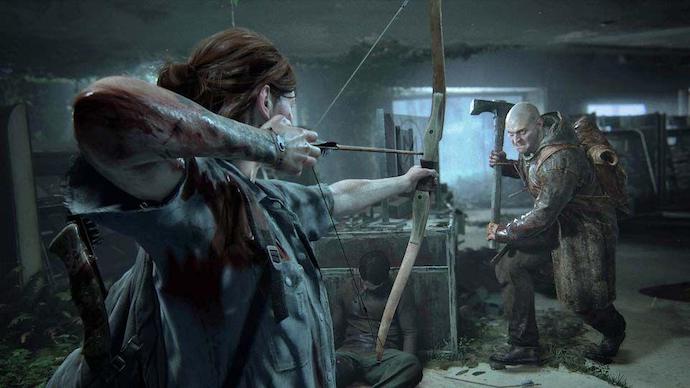
The success of the first The Last of Us led to the development of the second, which is how sequels generally work in the gaming industry. But as Hollywood has shown many times, getting a sequel right is a risky undertaking even at the best of times.
The worry is that since The Last of Us Part 2 was such a successful game—even becoming one of the best-selling games in PS4 history—it will push Naughty Dog to cash in on the popularity of the franchise and make yet another another installment without good reason.
Banking on success in the face of controversy is the wrong way to make sequels, as the film industry has repeatedly proven. So, unless the idea is beyond excellent, there's no need to develop a new story for the sake of sales—and it doesn't seem like Naughty Dog has it in them.
5. Wouldn't an Anthology Be Better?
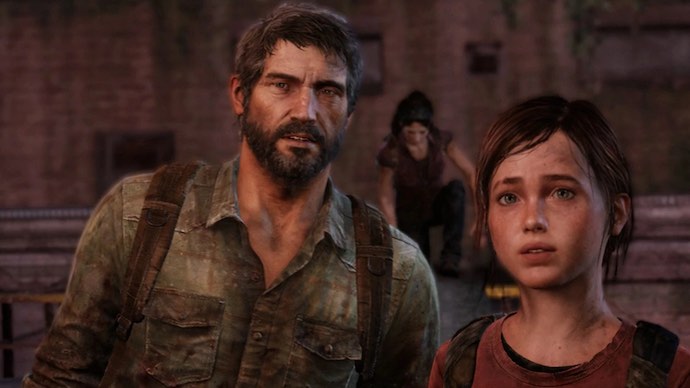
More The Last of Us games will likely arrive at some point in the next decade. Naughty Dog has made a habit of developing numerous sequels for their games, and The Last of Us wouldn't be an exception.
But does it have to be a Part 3 for Ellie? Some have said that Naughty Dog should've left Joel and Ellie where they ended up in the first game, then split off to develop different tales set within the same world.
It's unlikely that Naughty Dog will leave Ellie alone. And if they don't, hopefully they return with a game that provides a proper ending to Ellie's story so she can be happy after going through so much.
But for me, I'd rather see other stories set within the world of The Last of Us. Every entry in this "anthology" could be as refreshing and visceral as the first game was, and that's a win for everyone.
